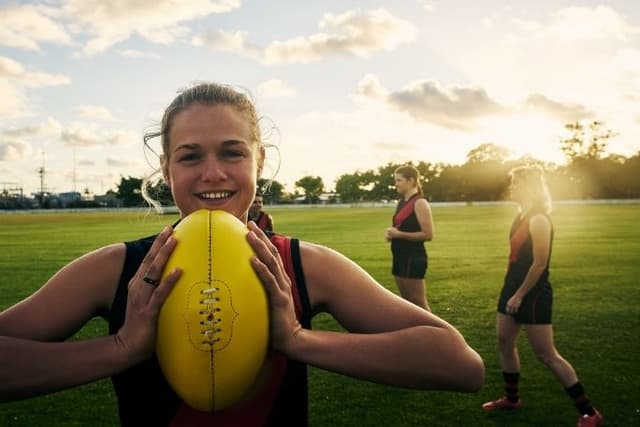
The Final Quarter - Promoting Shared Values
Lesson2 of 3 in this unit
SecondaryYear 7 - 8Humanities and Social SciencesCivics and CitizenshipAboriginal and Torres Strait Islander Histories and CulturesSocialEqualityHuman RightsIndigenous EducationSocial Action
Summary
Lesson Guides and Printables
Lesson Plan

Student Worksheet

Teacher Content Info
